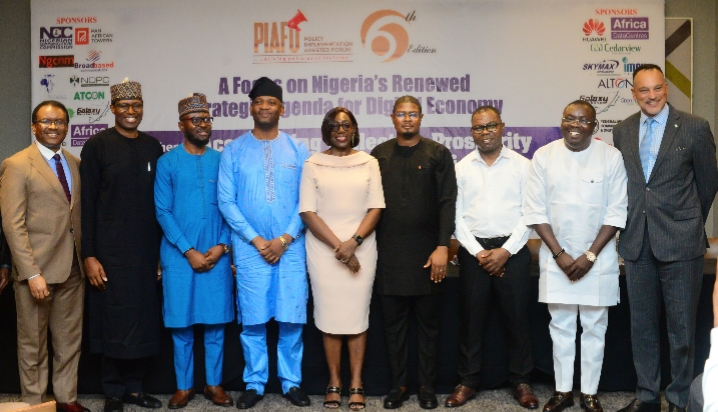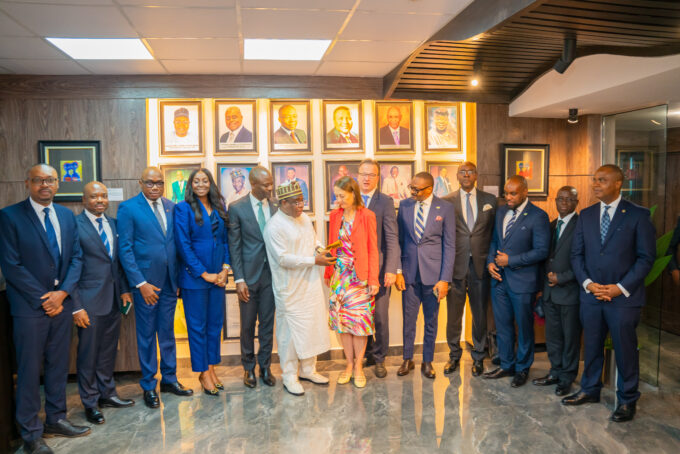By Chioma Obinagwam
Unresolved issues of Right of Way charges, multiple taxation, and levies, which are under the control of state governments, might hinder implementation of Federal Government’s plan to deploy 90,000 kilometers of fibre optic cables across the country.
Confiance News gathered from a statement signed by Omobayo Azeez on Wednesday.
According to the statement, the project, which is implemented through a Special Purpose Vehicle (SPV) would be an exercise in futility if the issues raised are not addressed.
The stakeholders of the telecommunications industry who raised these issues spoke during the Sixth Edition of the Policy Implementation Assisted Forum (PIAFO) in Lagos on Wednesday.
The PIAFO focused on Nigeria’s renewed strategic agenda for digital economy.
They stressed the need to ensure the successful implementation of the project which was announced recently by the Federal Government to complement existing connectivity for universal access to the internet across Nigeria and provide the Nigerian digital economy with the backbone infrastructure it needed.
Addressing the obstacles
Presenting a paper on the topic, ‘Harmonizing Nigeria’s Fibre Deployment Strategies for Effective Implementation’, Executive Director of Broadbased Communications, Mr. Chidi Ibisi, said while the government’s SPV initiative is a good plan that could help the country bridge its current digital infrastructure gap, the government would need to address current challenges.
“The issues of high cost of Right of Way (RoW), destruction of fiber by road construction companies and vandals all need to be addressed for this new SPV initiative to be successful,” he said.
Highlighting some of the challenges telecom operators face when deploying infrastructure, the Group Chief Operating Officer of WTES Projects Limited, Mr. Chidi Ajuzie, said the biggest challenge to fibre cable laying in Nigeria is the informal RoW by hoodlums in states.
“For states, a formal right of way is set and some states are adopting it but the informal side of the right of way is where the complexity has come today.
“If I’m trying to lay fibre in some communities here in Lagos, the first thing that happens is the so-called land owners ( omo onile) come out and a different set of people will keep coming from one street to another and they charge you. How do we achieve adequate broadband infrastructure in this kind of situation?” he said.













Leave a comment